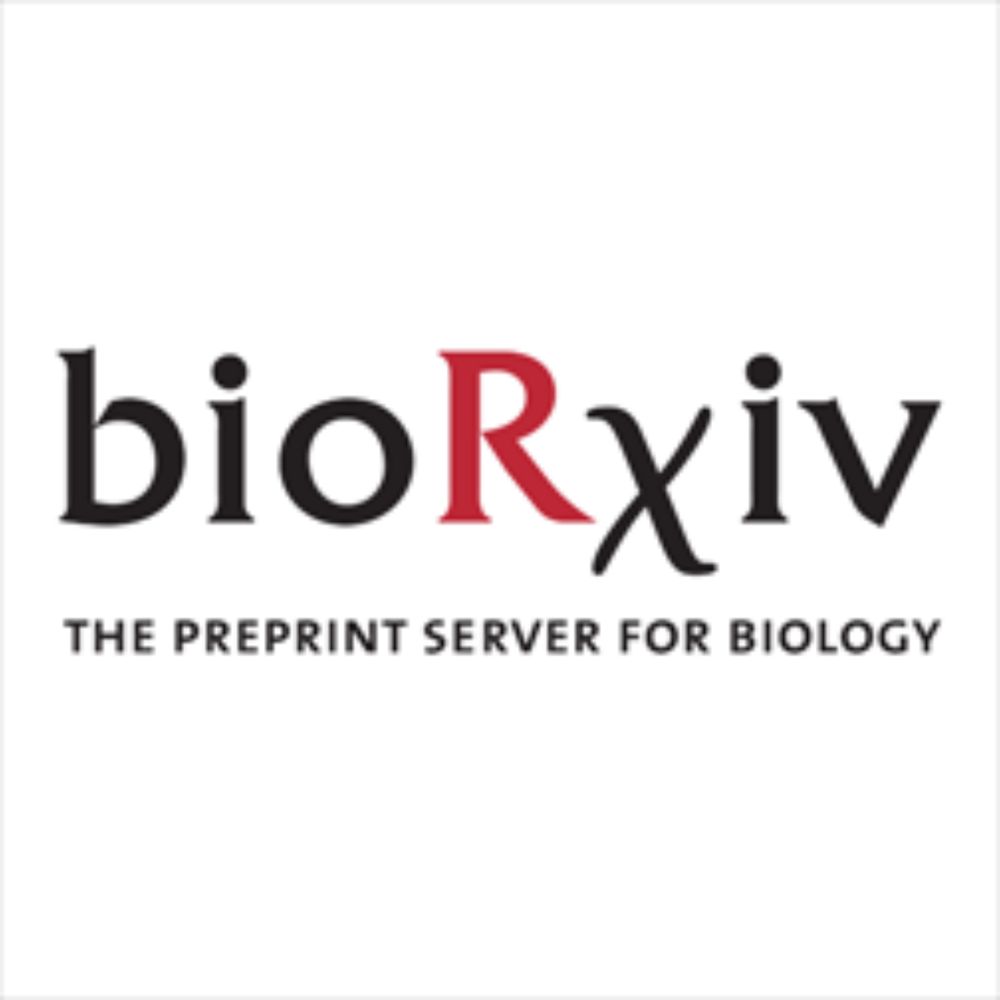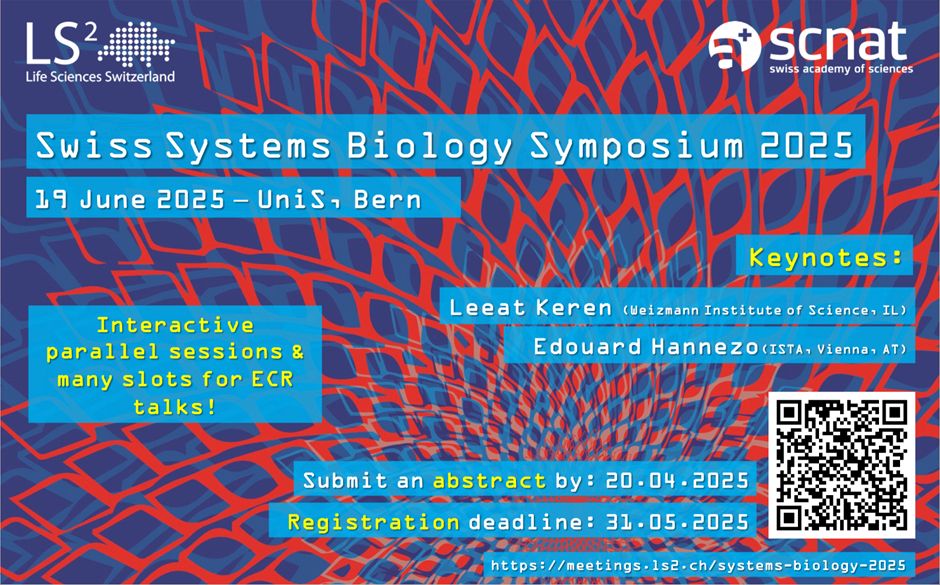Benjamin Towbin
@betowbin.bsky.social
1.1K followers
260 following
31 posts
Developmental biologist at @unibern.bsky.social studying #growth #starvation #aging using #microscopy #genetics #Celegans www.towbinlab.org
Posts
Media
Videos
Starter Packs
Benjamin Towbin
@betowbin.bsky.social
· Aug 7

Assistant Professor with tenure-track for Quantitative Cell Biology (80-100%) - Bern, Switzerland job with University of Bern, Institute of Cell Biology | 12840798
Assistant Professor with tenure-track for Quantitative Cell Biology (80-100%) at the University of Bern, Switzerland.
tinyurl.com
Reposted by Benjamin Towbin
Reposted by Benjamin Towbin
Uri Alon
@urialonlab.bsky.social
· Apr 11

Compression of morbidity by interventions that steepen the survival curve - Nature Communications
Longevity research aims to extend lifespan and reduce sickspan in aging. Here, the authors show that only interventions that steepen survival curves can compress the sickspan relative to lifespan.
www.nature.com
Reposted by Benjamin Towbin
Reposted by Benjamin Towbin
Reposted by Benjamin Towbin
Reposted by Benjamin Towbin
Shicheng Guo
@shihcheng.bsky.social
· Mar 17

Eukaryotic Elongation Factor 2 Kinase EFK-1/eEF2K promotes starvation resistance by preventing oxidative damage in C. elegans | Nature Communications
Cells and organisms frequently experience starvation. To survive, they mount an evolutionarily conserved stress response. A vital component in the mammalian starvation response is eukaryotic elongation factor 2 (eEF2) kinase (eEF2K), which suppresses translation in starvation by phosphorylating and inactivating the translation elongation driver eEF2. C. elegans EFK-1/eEF2K phosphorylates EEF-2/eEF2 on a conserved residue and is required for starvation survival, but how it promotes survival remains unclear. Surprisingly, we found that eEF2 phosphorylation is unchanged in starved C. elegans and EFK-1’s kinase activity is dispensable for starvation survival, suggesting that efk-1 promotes survival via a noncanonical pathway. We show that efk-1 upregulates transcription of DNA repair pathways, nucleotide excision repair (NER) and base excision repair (BER), to promote starvation survival. Furthermore, efk-1 suppresses oxygen consumption and ROS production in starvation to prevent oxidative
doi.org
Benjamin Towbin
@betowbin.bsky.social
· Mar 16
Reposted by Benjamin Towbin
Reposted by Benjamin Towbin
Benjamin Towbin
@betowbin.bsky.social
· Mar 10
Benjamin Towbin
@betowbin.bsky.social
· Mar 10
Benjamin Towbin
@betowbin.bsky.social
· Mar 10
Benjamin Towbin
@betowbin.bsky.social
· Mar 10
Benjamin Towbin
@betowbin.bsky.social
· Mar 10
Reposted by Benjamin Towbin
Reposted by Benjamin Towbin









